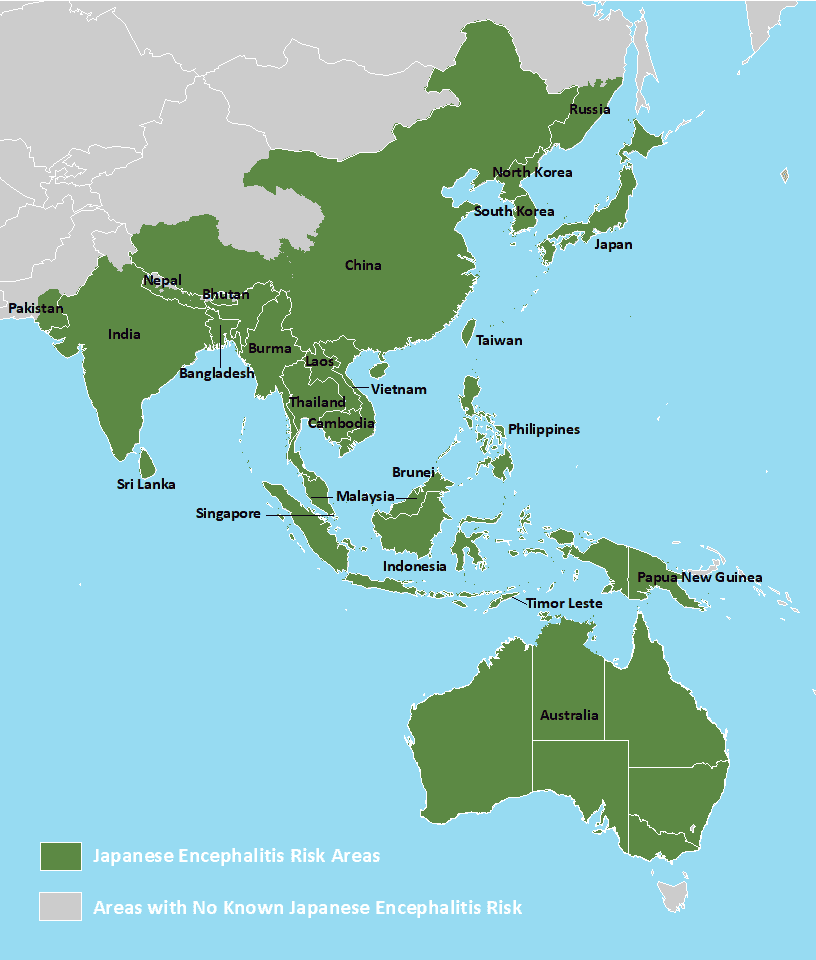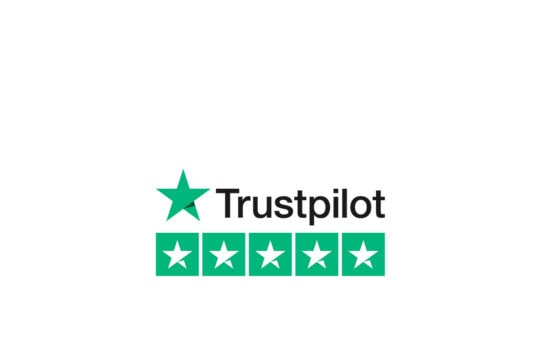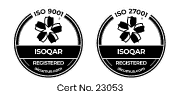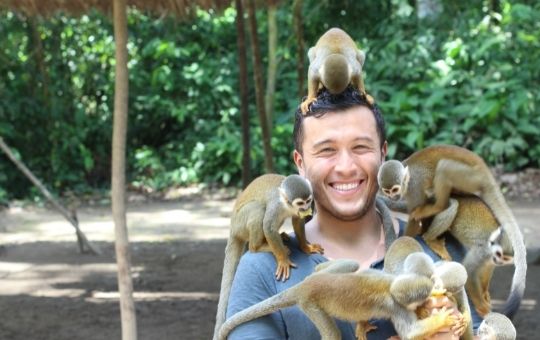Japanese Encephalitis Vaccination
Japanese Encephalitis (JE) is a life-threatening viral brain infection which is spread to humans via bites from infected Culex mosquitoes. The virus is found in mainly rural areas of south-east Asia and the Indian subcontinent, and has recently spread into rural parts of Australia, with one recent fatality in a local holidaymaker.
The infection affects the brain causing lasting neurological problems. It is estimated that there are around 70,000 cases each year, with 20,000 of those being fatal. There is no specific cure for the illness and therefore treatment is supportive rather than curative.
A vaccine is available and strongly recommended as the best form of prevention, for people travelling to certain parts of Asia. Although the number of cases in travellers is small, infection can cause lasting disability.

Who should have the Japanese Encephalitis vaccine?
Vaccination is advised for travellers who:
- Plan to travel to areas where Japanese Encephalitis occur
- Will spend prolonged periods of time in an area that transmits JE
- Plan to undertake outdoor activities such as camping and hiking
- Will be staying in rural or agricultural areas, especially those staying overnight
- Are travelling to an area of a known outbreak of JE (recent outbreaks include Assam in India and Myanmar)
- Will be unable to avoid being bitten by mosquitoes
How many doses are required for immunity?
At least 2 doses of the Japanese Encephalitis vaccine are required.
The second vaccine should be given 28 days after the first dose. A booster vaccine is also recommended.
How do we vaccinate against Japanese Encephalitis?
The Japanese Encephalitis vaccination can safely be given to infants from 2 months of age and upwards.
Protection requires 2 doses of the vaccination to be given over a 28 day period. It is recommended that travellers have their second dose at least 7 days before you travel. However, if rapid protection is needed, adults can receive the vaccination course over 7 days, so it is never too late to vaccinate – even for last-minute travellers. A third booster dose is also recommended 1 year later.
How is Japanese Encephalitis transmitted?
JE is transmitted mainly by night-biting mosquitoes that have bitten farm animals (particularly domestic pigs or birds).
It is mainly a seasonal disease prevalent during and after the monsoon season but can occur all-year-round in the tropics.
What are the symptoms of JE?
It can take 5-15 days after being bitten by an infected mosquito for symptoms to occur.
Many people will have no symptoms or mild flu-like symptoms. However, for around 1 in 250 people will develop more severe symptoms as the infection spreads to the brain. Initial symptoms of JE include a fever, headache and vomiting. It can progress and cause changes to mental status, neurological symptoms, weakness and movement disorders. Seizures are also very common, particularly in children. Up to 1 in 3 people who develop these more serious symptoms will die. Even those who recover can take several months and many are left with permanent brain damage.
How can I prevent JE?
The best way to prevent JE is through vaccination.
However, it is also recommended that you protect yourself from mosquito bites as a form of prevention. Wearing long loose clothing, using insect repellent with a minimum of 50% DEET, sleeping under mosquito nets, using plugin vaporisers and treating clothes with permethrin are advised to protect against mosquito bites.
FAQs
After the initial course of 2-doses you will need a booster vaccine 12 – 24 months after your first vaccination.
If you are experiencing symptoms of JE it is important to seek medical attention. They will likely conduct a variety of blood tests which can confirm infection. As there is currently no cure for JE, vaccination is advised if you’re at risk.
Aside from getting the JE vaccine, travelers can also use DEET to deter mosquitoes so that bites are less likely. Sleeping in a mosquito net will help throughout the night and a colder, air conditioned room is better. Wearing long sleeves and trousers will also provide some protection.
It takes roughly 5 – 15 days after the bite from an infected mospitao to develop symptoms. This can mean you experience symptoms when back in the UK. If you need to seek medical help, you should explain you’ve recently traveled and where to help speed up diagnosis.
We will discuss your travel plans in detail, so a copy of your travel itinerary including proposed dates of travel, destination(s) you’re travelling to and length of your stay are all helpful details for our nurses. We’ll also discuss your health so information about your vaccination history to date is useful, as well as any medication you are currently taking.
We will most likely vaccinate you upper arm, we would therefore advise you to wear loose comfortable clothing for ease of access to your upper arm for vaccination.
Although both illnesses cause encephalitis, TBE and JE are both two distinct diseases in terms of the virus, transmission and geographical areas. For more information on tick-borne encephalitis (TBE).
Although not necessary, vaccination is the best way to prevent JE. If you are travelling to somewhere which is deemed high-risk, it is highly advised you get vaccinated.
Yes, the vaccination is suitable for adults, children and infants from 2 months old.
The JE vaccination is suitable for most. It can be safely administered to infants aged 2 months and older, as well as children and adults.
The JE vaccine is not recommended for anyone who has an allergy to any of the components in the JE vaccine, or had a reaction to a previous dose of the JE vaccine. It is best to speak with a travel nurse during a travel consultation to discuss this before ruling out this vaccination.
Japanese Encephalitis (JE) virus is transmitted to humans through the bite of infected Culex species mosquitoes.
Japanese encephalitis is common in South-East Asia and the Indian subcontinent.
Individuals who get clinical symptoms of Japanese encephalitis have a high case fatality rate (25-30%) and there is a high rate of permanent neurological sequelae in survivors (30%).
The primary course consists of two vaccines given at least 7 days apart in adults (28 days apart in infants and over 65’s). A third dose is given after a year and provides protection for up to 10 years.
Yes, an infected Culex mosquito can transmit Japanese encephalitis to humans.
The primary course consists of two vaccines given at least 7 days apart in adults (28 days apart in infants and over 65’s). A third dose given after a year provides protection for up to 10 years.
Individuals who get clinical symptoms have a high case fatality rate (25-30%) and there is a high rate of permanent neurological sequelae in survivors (30%).
All travellers to JE-endemic countries should consider their risk based on where they are going and the activities that will be done there, this includes for children and infants. If advised, infants from 2 months and older can have the JE vaccination. If you are unsure, please book a travel consultation and discuss your travel plans with one of our travel nurses.










